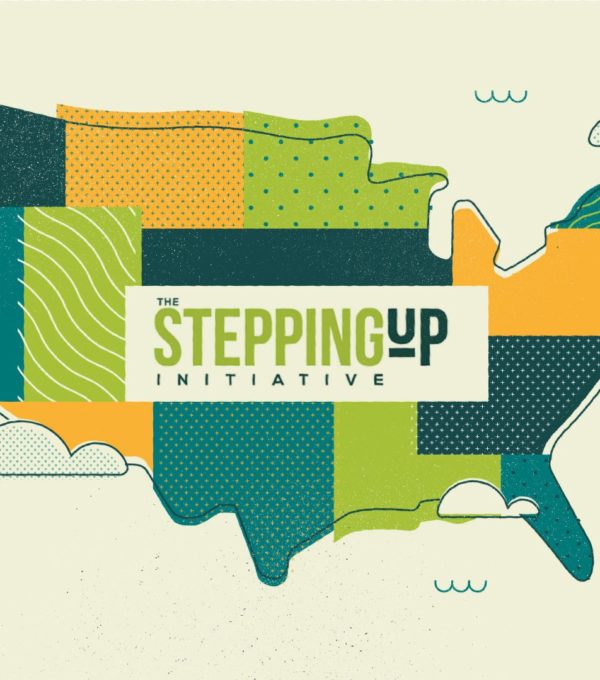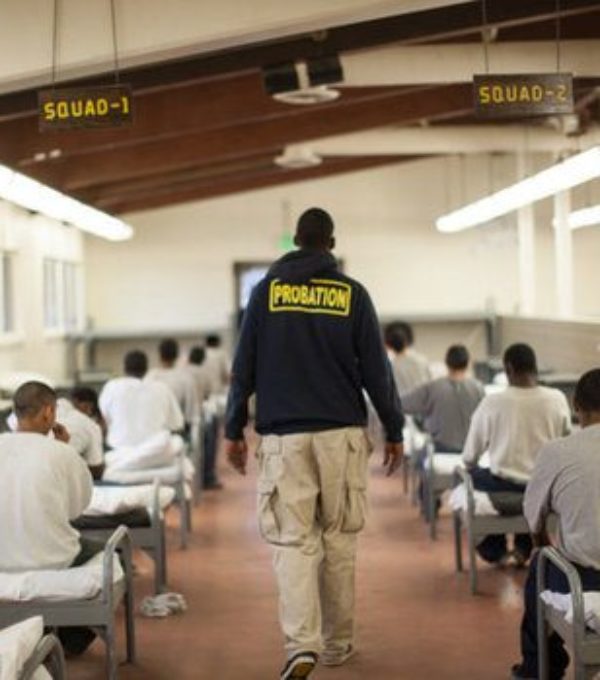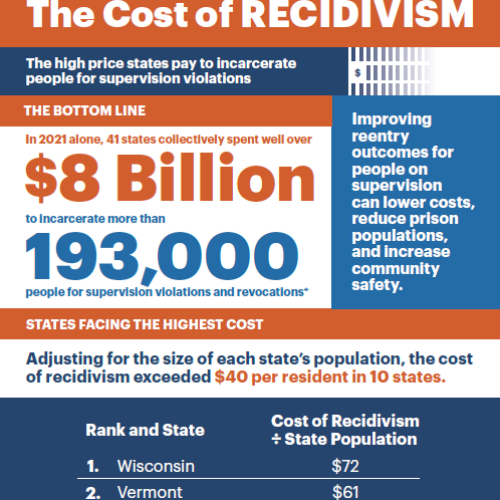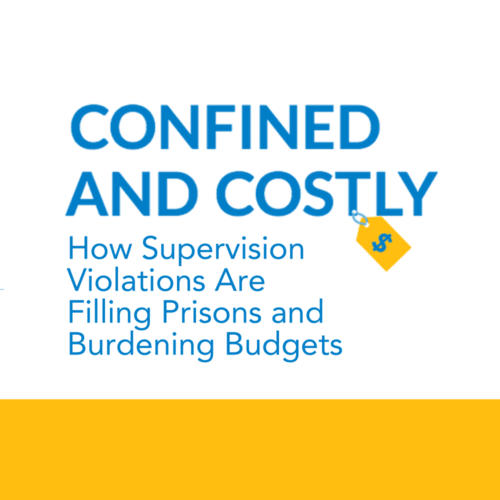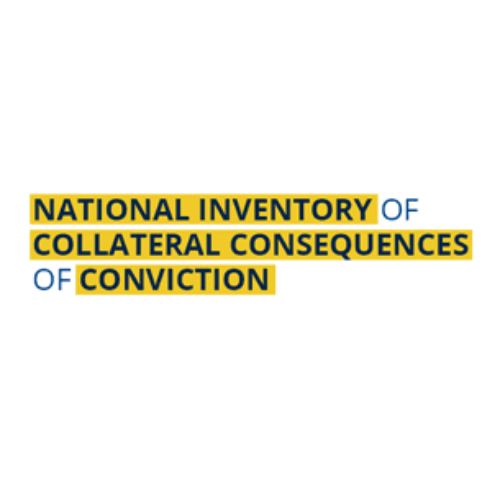New Hampshire
New Hampshire Initiatives
In partnership with New Hampshire state leaders, the CSG Justice Center is working on several key criminal justice initiatives to increase public safety, including Stepping Up and Justice Reinvestment.
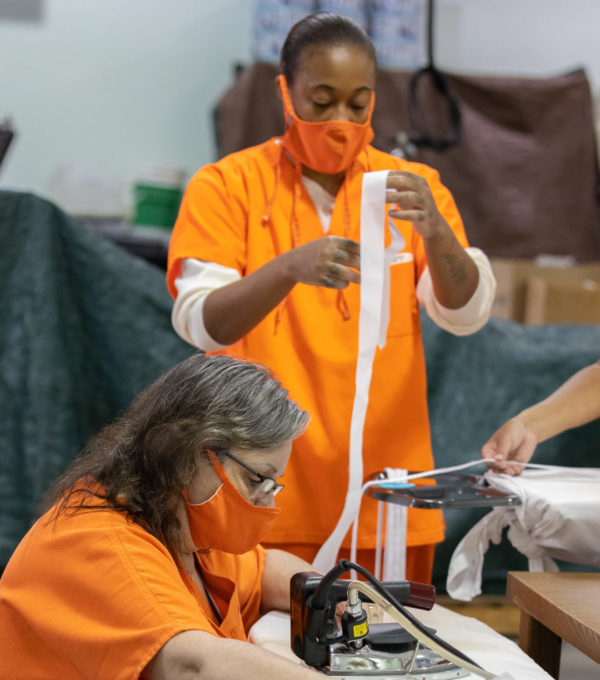
The latest COVID-19 developments and resources for governments officials.
Read More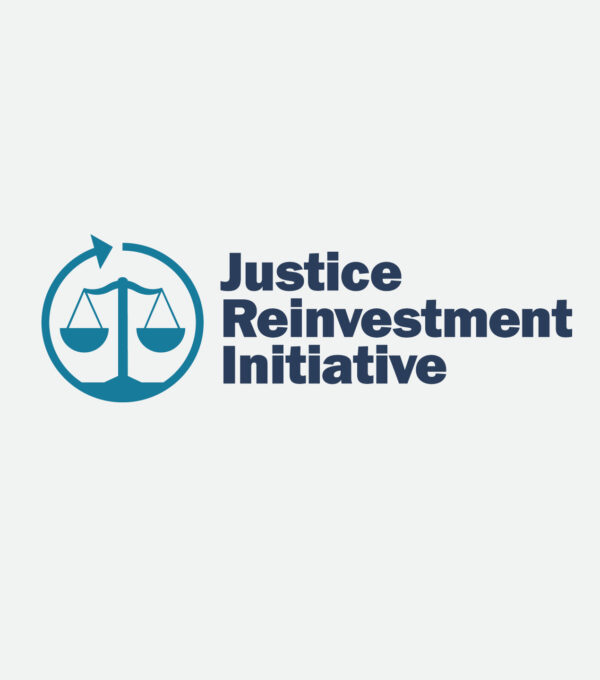
Justice Reinvestment is a data-driven approach to improve public safety, reduce corrections…
Read More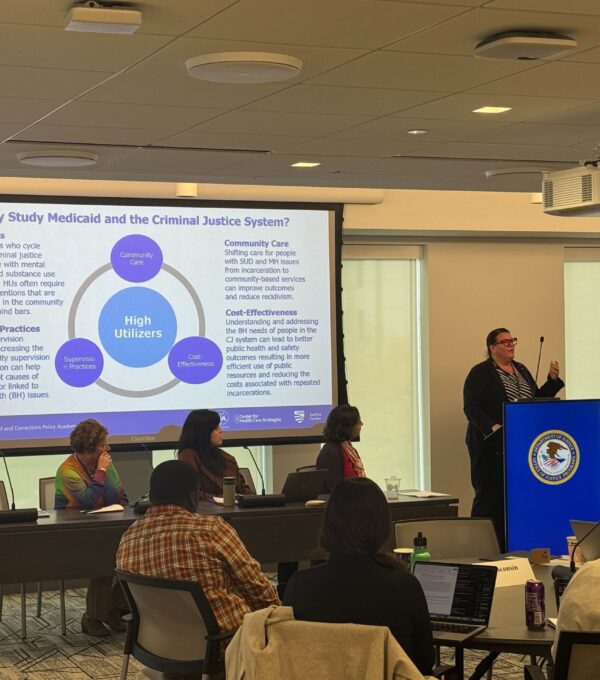
New Hampshire Department of Corrections Commissioner Helen Hanks presents at the Medicaid…
Read More
Unlike drug courts, which have been informed by national standards for…
Read More
On April 6, 2023, the New Hampshire Governor’s Advisory Commission on Mental…
Read More
On November 3, 2022, the New Hampshire Governor’s Commission on Mental Illness…
Read More
While crime and incarceration rates in New Hampshire are low, a large…
Read More










